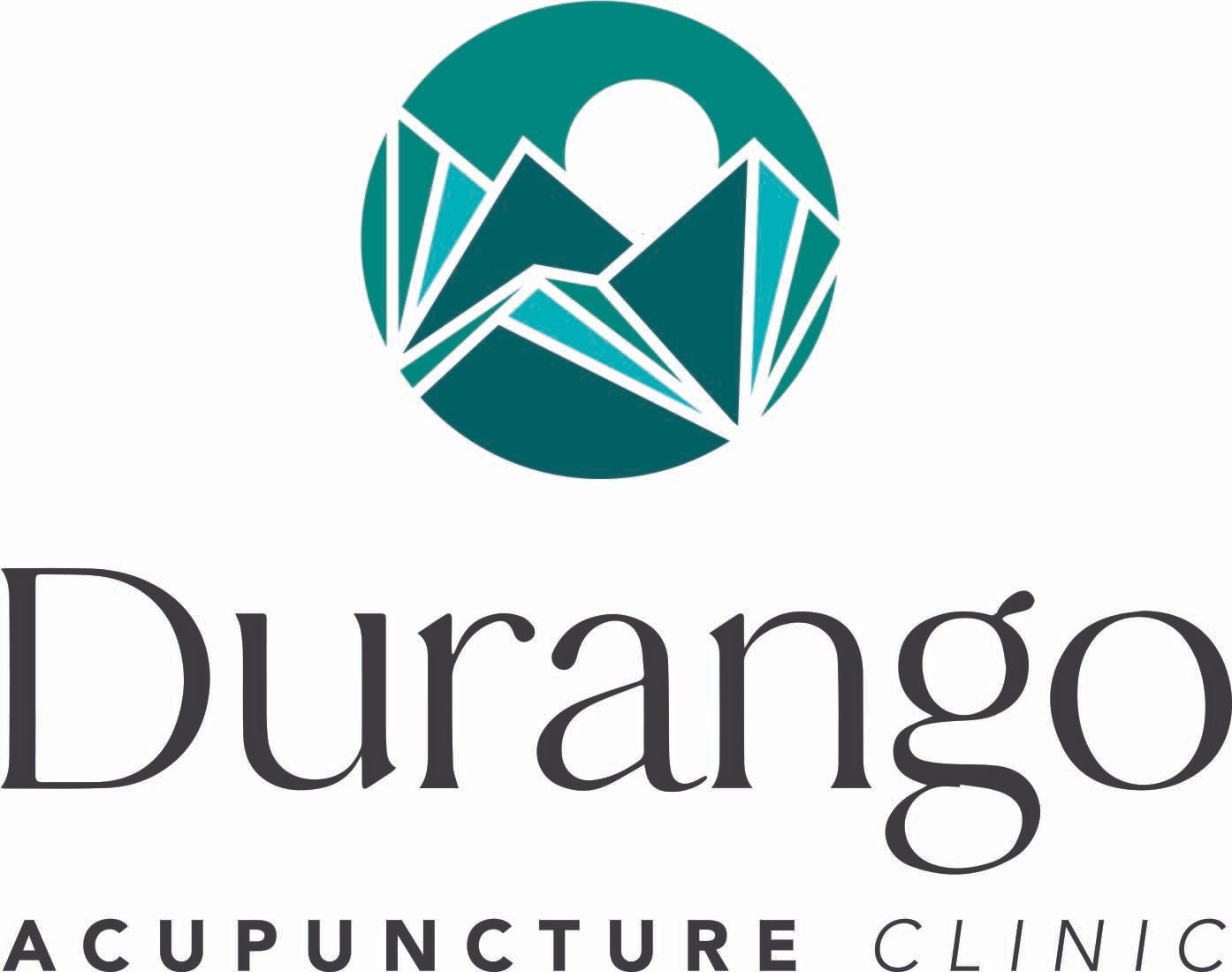Dry Needling vs. Acupuncture: Same Needles, Different Story
So you’ve heard of dry needling and you’ve heard of Acupuncture.
Both involve thin filiform needles. Both get poked into your muscles. Both can help with pain.
So they must be the same thing, right?
Well… that’s like saying a gourmet chef and someone who just learned how to boil pasta “do the same thing.”
Let’s break it down:
Dry Needling
Training: Usually taught to physical therapists, chiropractors, and athletic trainers as part of their broader skill set. The minimum requirement in some states can be as short as a weekend certification, though many PTs choose to take more extensive courses.
Approach: Targets “trigger points” — those tight, knotted spots in your muscles that make you say bad words when pressed. The technique often involves deeper, more aggressive needling to create a local twitch response — kind of like throwing a rock through a window to get inside the house. Effective? Often. Gentle? Not exactly.
Focus: Primarily musculoskeletal — muscles, fascia, and movement patterns. It’s one tool in a larger physical therapy toolbox that also includes exercise therapy, mobility work, and rehab.
Acupuncture
Training: Licensed acupuncturists go through 3–4 years of graduate-level training (3,000+ hours), covering anatomy, physiology, pathology, Chinese medicine theory, herbal medicine, and supervised clinical practice. We’re trained to think about your body as a whole interconnected system — not just the squeaky wheel. In Acupuncture school we spend an entire year learning about needling technique and meridian systems before we ever needle another person.
Approach: We may treat tight muscles, but we also address circulation, digestion, hormones, mood, immunity, sleep, and stress. We tend to use gentler, more precise techniques — like turning the crank to open the window rather than chucking a rock through it.
Focus: Muscles, tendons, fascia, energy pathways, nervous system, immune system — basically, your whole “you.”
So What’s the Big Difference?
Both approaches use thin, solid needles and can help with pain. The main difference is scope and style:
Dry needling = more aggressive, targeted muscle release, often part of a rehab plan.
Acupuncture = a comprehensive, whole-body approach that can be gentler while still addressing pain and balance.
Bottom Line:
Dry needling is like tightening a single loose screw on your bike so it rides smoother. Acupuncture is like giving the whole bike a tune-up so it’s ready for the long ride ahead. Both are useful — it just depends on what you need.
📅 If you’re wondering which one’s right for you, I’m happy to help you sort it out — no turf wars, just the right care for your body.


